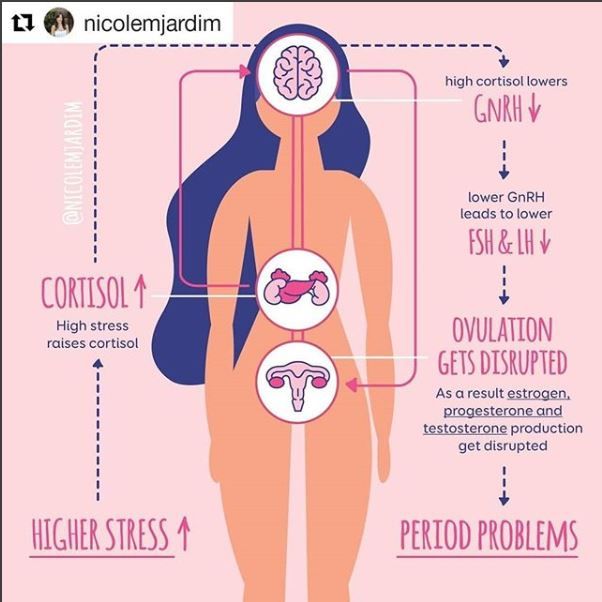How Stress Affects Women Hormones
Stress is an inevitable part of our daily lives, but its impact on our overall health, particularly our hormones, is often underestimated. For women, stress can have a profound effect on hormone balance, leading to a range of physical and emotional symptoms. In this article, we will explore how stress affects women’s hormones and what can be done to mitigate its negative consequences.
The Impact of Stress on Hormonal Balance
When we experience stress, our bodies release cortisol, the primary stress hormone. Cortisol is necessary for the body’s fight or flight response, but when stress becomes chronic, cortisol levels can remain elevated for extended periods of time. This can disrupt the delicate balance of hormones in the body, particularly those involved in regulating the menstrual cycle.
For women, chronic stress can lead to irregular menstrual cycles, heavier or lighter periods, and even amenorrhea (the absence of menstruation). Stress can also impact fertility by affecting ovulation and the production of reproductive hormones such as estrogen and progesterone.
Common Symptoms of Hormonal Imbalance Due to Stress
Women experiencing hormonal imbalances due to stress may exhibit a range of symptoms, including:
Irregular menstrual cycles
Menstrual cramps
Heavy or light periods
Mood swings
Fatigue
Insomnia
Weight gain
Decreased libido
If left unaddressed, hormonal imbalances can contribute to long-term health issues such as polycystic ovary syndrome (PCOS), endometriosis, and infertility.
Strategies to Manage Stress and Improve Hormonal Balance
Fortunately, there are several strategies that women can employ to manage stress and improve hormonal balance:
1. Practice Stress-Relieving Activities
Engaging in activities such as yoga, meditation, deep breathing exercises, and mindfulness can help lower cortisol levels and promote a sense of calm. Regular physical activity can also be beneficial for reducing stress and improving overall hormonal health.
2. Prioritize Sleep
Adequate sleep is essential for hormone regulation. Aim for 7-9 hours of quality sleep each night to support hormonal balance and overall well-being.
3. Follow a Balanced Diet
Eating a diet rich in whole foods, fruits, vegetables, lean proteins, and healthy fats can support hormone production and reduce inflammation in the body. Limiting caffeine, sugar, and processed foods can also help stabilize blood sugar levels and reduce stress on the body.
4. Seek Support
Don’t be afraid to reach out for help when feeling overwhelmed by stress. Talking to a therapist, counselor, or trusted friend can provide essential emotional support and guidance for managing stress effectively.
5. Consider Hormone Testing
If you suspect that chronic stress is impacting your hormone levels, consider consulting with a healthcare provider for hormone testing. This can help identify any imbalances and guide personalized treatment plans to restore hormonal harmony.
Conclusion
Stress can have a profound impact on women’s hormones, leading to a range of physical and emotional symptoms. By implementing stress-reducing strategies and lifestyle changes, women can improve hormonal balance and support overall well-being. Prioritizing self-care and taking proactive steps to manage stress is essential for maintaining optimal hormone health in the face of life’s inevitable challenges.
Remember, you are not alone in dealing with the effects of stress on your hormones. With the right support and guidance, you can navigate these challenges and restore balance to your body and mind.


